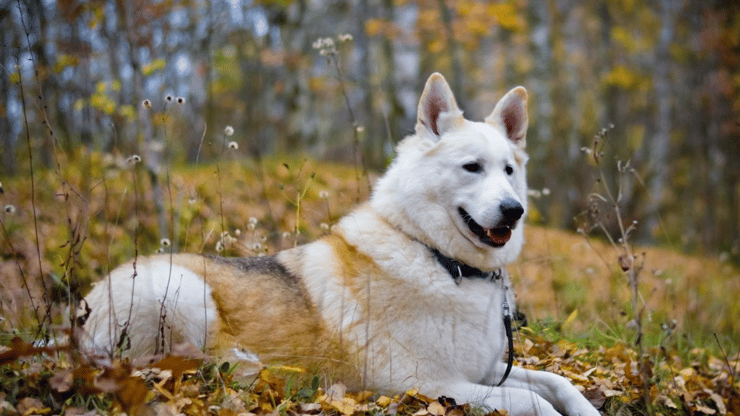Auckland Council Wants You To Know ‘Any Dog Can Bite’

Auckland Council is calling for greater caution as a rise in dog attacks on children have set off alarm bells.
As many as 12 children have been taken to hospital this year after being injured by canines across the city–especially South Auckland–a figure council officials say is likely just the tip of the iceberg since many incidents go unreported.
“In 2023 alone, Auckland's hospitals saw 783 cases of dog-related injuries in children under 14 years old, with an additional 300 injuries reported for the 15–19 age group,” an official says.
Auckland Council has now launched an awareness campaign to educate both dog owners and residents to ensure the safety of children.
Titled ‘Any dog can bite’, the campaign emphasises that even the most gentle and beloved dogs can exhibit aggressive behaviour under certain circumstances.
Last year, the southern Auckland suburb of Papakura reported the highest number of dogs considered to be menacing in the region, with Auckland Council's animal management report showing 60 canines were reported and ordered to get neutered in the year to June.
The breeds most involved in attacks, on people and animals combined, included American Pit Bull Terriers, Staffordshire Bull Terriers and Mastiffs.
Councillor Josephine Bartley emphasises that while dogs are cherished members of families, it's essential to recognise that any dog can bite. She underscores the need for increased vigilance around dogs, particularly when children are involved.
Dr Natasha Duncan-Sutherland, an emergency doctor at Auckland Hospital, says her research shows children aged 0-9 years are at a higher risk of serious injuries to the head and neck in dog attacks.
She emphasised the necessity of a societal shift in perception, moving from an assumption of safety to an awareness of potential risk.
Auckland Council's Manager of Animal Management, Elly Waitoa, says dog owners must take up the primary responsibility of ensuring safety of people around. “We need close supervision when children are around dogs, both in private and public spaces,” she says, pointing to safety tips like never leaving children alone with dogs and understanding the potential triggers for dog aggression.
The council’s new campaign includes a range of educational materials and outreach efforts, such as radio advertisements, street posters, community papers, and digital banners. Additionally, it offers advice for dog owners, including the importance of containing dogs within their property and supervising interactions with children.
Safety tips:
Toddlers and children should not be allowed to:
- be around dogs, including puppies, without adult supervision
- put their face down to a dog’s face, hug or kiss it
- play with a dog’s, food, feeding bowl, toys or bedding
- wander into neighbouring properties where there may be dogs
Signs of an unhappy dog:
- tail is stiff and up or tucked tightly between the dogs leg
- lips are pulled back and showing teeth, could be barking or growling
- hard eyes that may appear black as pupils dilate
- ears folded back tightly in a defensive position
- hair on the back and shoulders standing
- rigid and uptight body




